Frederica Freyberg:
It’s all hands on deck for election officials with just three days to go before voters go to the polls. In tonight’s look ahead, a check-in with the administrator of the Wisconsin Elections Commission, Meagan Wolfe. Thanks for being here.
Meagan Wolfe:
Thanks for having me.
Frederica Freyberg:
All systems are go for November 6?
Meagan Wolfe:
Are systems are go and all hands on are deck.
Frederica Freyberg:
ProPublica is reporting today that Wisconsin was running what they described as an insecure file-sharing software for reporting of election results until it was shut down this week. What can you tell us about that?
Meagan Wolfe:
Well, there’s a few very important things to point out about that. First of all, this was not the statewide voter registration system. This was not the public facing website where voters go to find their polling place. This was a static, content website that we have to do regular maintenance on and we regularly upload files to such as press releases and other static content. So this was not something that would have access to voter information or data on polling places. Again, this was just a static content website that we regularly post new information to for public consumption. Also, I think that the report mischaracterized a little bit what this site is used for. It is not where election night results are aggregated or posted for the public. On election night what we do, what our responsibility under the statute is, is to actually point to county websites that post unofficial election results for each municipality on the county websites. So we may have links to some of those websites, but we do not receive or put the unofficial election night results or the official election results are not aggregated through that site either.
Frederica Freyberg:
Why was it shut down?
Meagan Wolfe:
So, again, it’s part of normal maintenance on a website, is to be able to upload and change files on the site. What we liken this port to is let’s say if somebody was going through a neighborhood and shaking on door knobs to try to find something that was open, this was a locked door. If they came up to this door and they did not have the key, they would not be able to get access. But if they were able to find that key or obtain that key through illegal means, they might be able to get access using that key. Now that we’re closer to the election, we have since bricked up all of those reports so that you cannot even change or update any of the content on the site even if you are an administrator with lawful access.
Frederica Freyberg:
In these days running up to the election, has your commission seen any kind of Russian or other tampering, any kind of these rattling of the doors as you described?
Meagan Wolfe:
We have not seen anything that is elevated to the level of being anything remarkable. Every single day, every week, the state of Wisconsin network and enterprise has millions of attempts of people trying to shake on those door knobs, find a way into our system, but nothing has been remarkable and all those attempts are blocked unless somebody has lawful business with the state of Wisconsin.
Frederica Freyberg:
And so how would you describe the security of Wisconsin’s election system?
Meagan Wolfe:
Wisconsin voters should feel very confident in the state of security with Wisconsin Election Commission systems and the enterprise that helps to protect that. We routinely have scans, vulnerability assessments and other assessments done through not just the state, but also through our federal partners, like the Department of Homeland Security, that come in and try to find vulnerabilities in the system so that we can continue to strengthen the system. We continually undergo these assessments to make sure that we are constantly staying up-to-date with any maintenance that needs to be done on the state wide voter registration system or any other systems that regulate elections here in the state.
Frederica Freyberg:
What kinds of numbers are you seeing in early and absentee voting?
Meagan Wolfe:
About 519,000 absentee ballots have been issued across the state of Wisconsin and these are for voters who have either requested their ballot by mail or might be voting absentee in person in their clerk’s office. And of those, about 460,000 have been returned thus far and will be counted on election day at the voters’ polling place.
Frederica Freyberg:
We’ve seen polls showing that the major party candidates are in a neck and neck race. Are there provisions for recounts and what are those?
Meagan Wolfe:
Sure. So the law for recounts has actually changed as of recently, since the last general election. As of right now, if there were to be a recount, there’s no automatic trigger for a recount, but someone that is an aggrieved candidate as part of an election, they could request to have a recount of that contest if there is less than — if there’s a 1% or less difference between the vote totals for those two candidates. Now, there’s a couple other nuances. If there is less than a .25% difference between the two top vote getters, then the state would actually pay for that recount. If it’s between .26 and 1%, then the candidates themselves would need to pay for the recount expenses.
Frederica Freyberg:
For voters, if they go to the polls and they’re no longer on the registration books, what should they do?
Meagan Wolfe:
Sure. So if a voter has been deactivated because we believe they have moved — so there are some regular list maintenance processes that are part of state law. One of those is if we see a voter has potentially moved, by comparing the voter registration information against the DMV, that voter record is then deactivated because we have sent that voter a mailing indicating we believe they have moved and we have given them an opportunity to send back a postcard affirming if they do indeed still live at that address. Now if the voter does show up at the polls and they were sent one of those postcards and let’s say they did not return it but they have not moved, they can actually affirm what we call a supplemental poll book that they still reside at that address. Now, that being said, this is just for those voters that we believe moved and that we sent a postcard to in 2017. If you have not voted in more than four years, state law does require that your voter record be deactivated. In that case, when you get to the polls on election day, you will need to reregister to vote at your current name and address.
Frederica Freyberg:
All right. Lots to go through. Meagan Wolfe, thanks you very much.
Meagan Wolfe:
Thank you.
Search Episodes

Donate to sign up. Activate and sign in to Passport. It's that easy to help PBS Wisconsin serve your community through media that educates, inspires, and entertains.
Make your membership gift today
Only for new users: Activate Passport using your code or email address
Already a member?
Look up my account
Need some help? Go to FAQ or visit PBS Passport Help
Need help accessing PBS Wisconsin anywhere?

Online Access | Platform & Device Access | Cable or Satellite Access | Over-The-Air Access
Visit Access Guide
Need help accessing PBS Wisconsin anywhere?

Visit Our
Live TV Access Guide
Online AccessPlatform & Device Access
Cable or Satellite Access
Over-The-Air Access
Visit Access Guide
 Passport
Passport





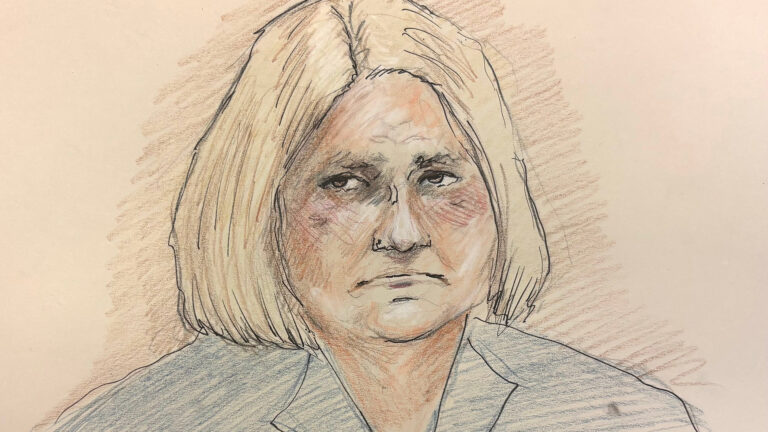
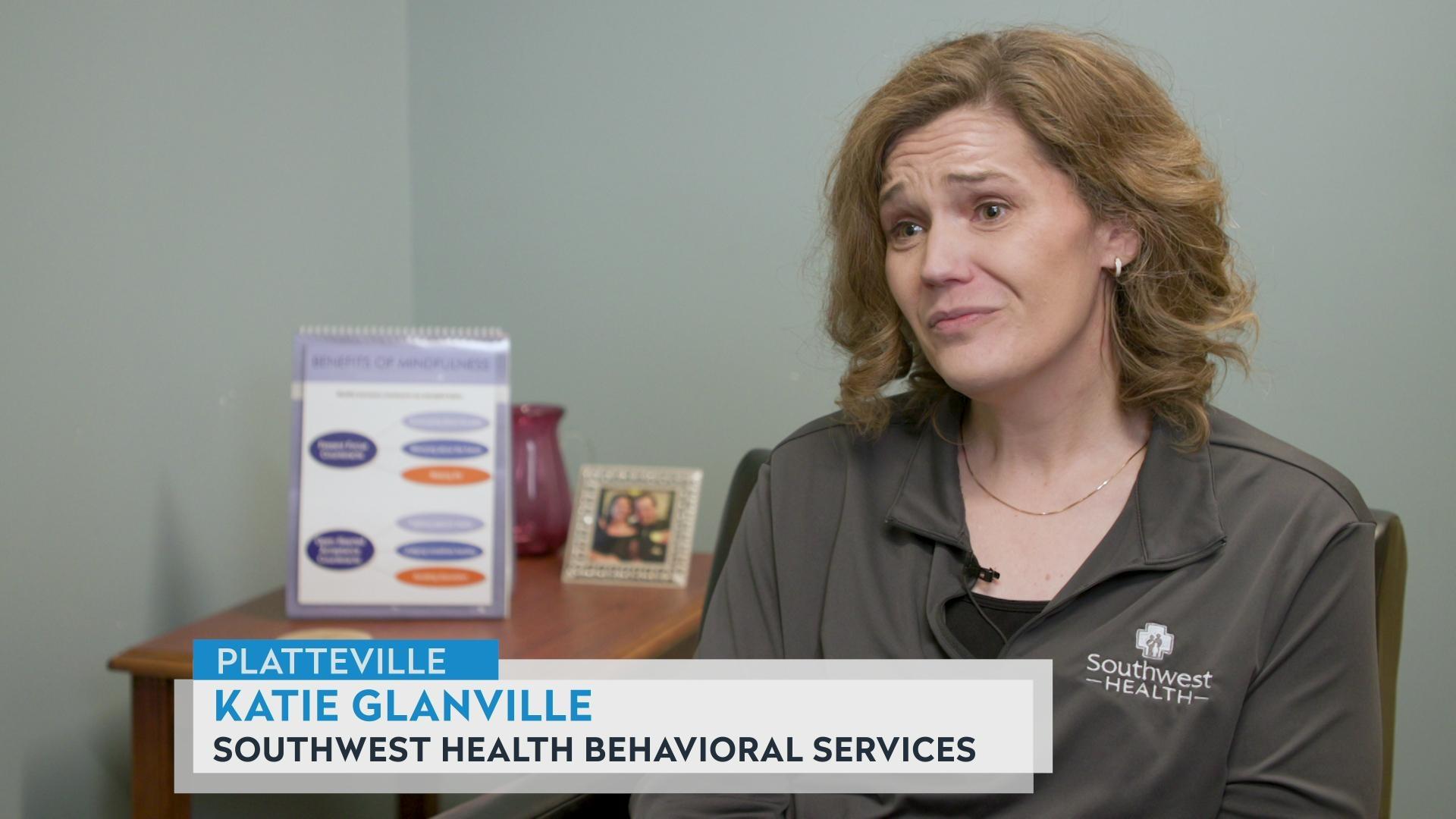






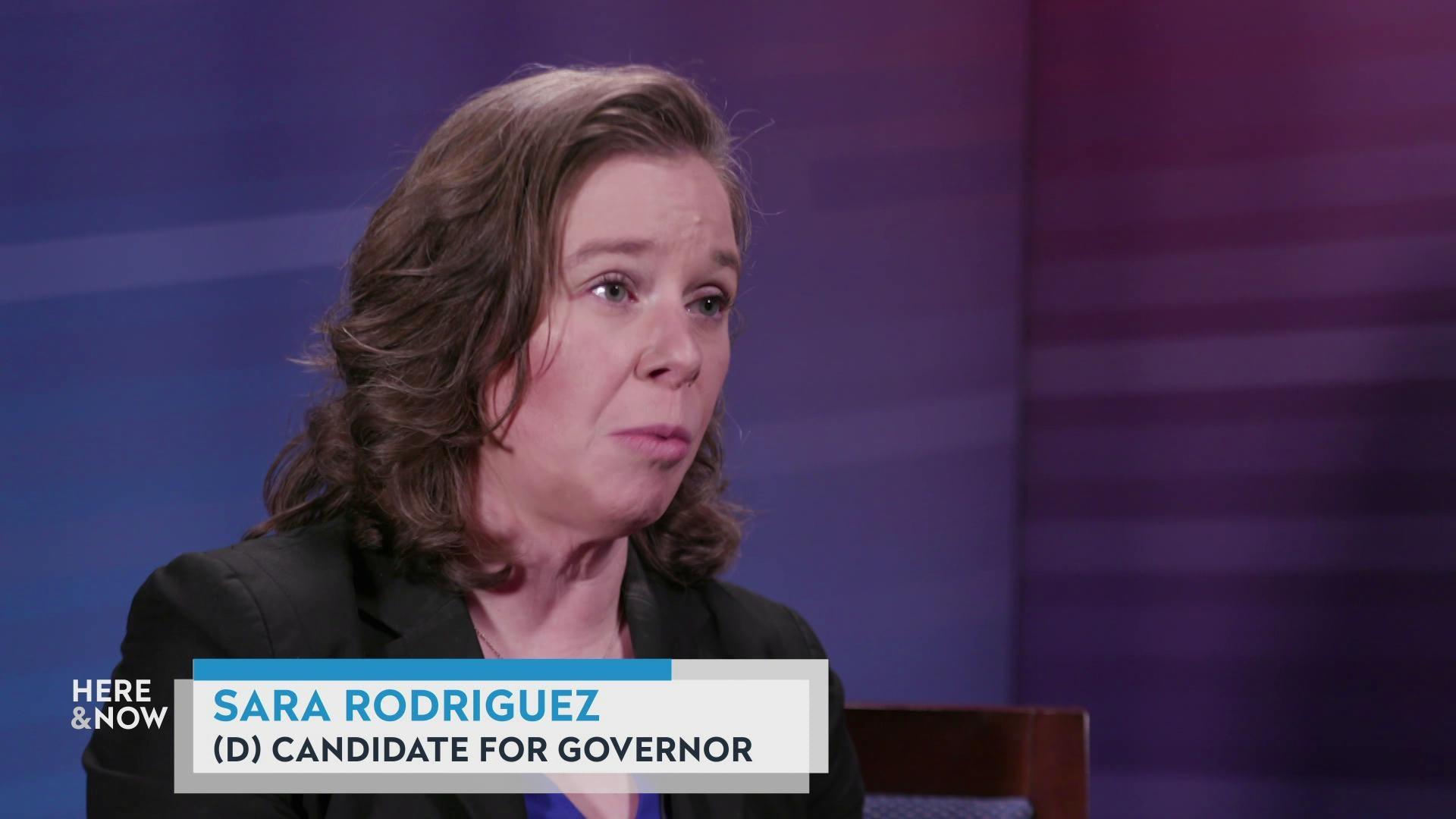
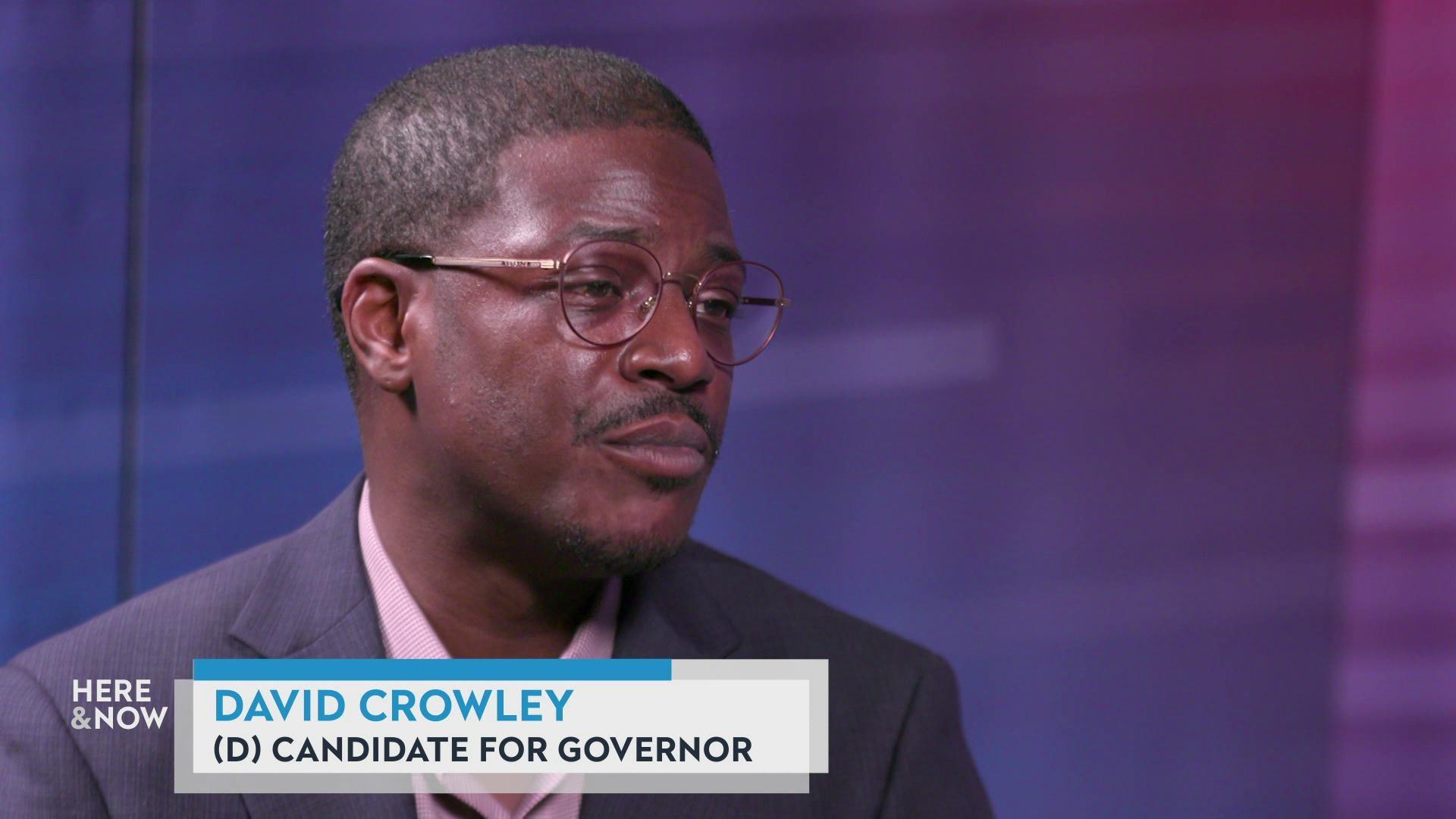
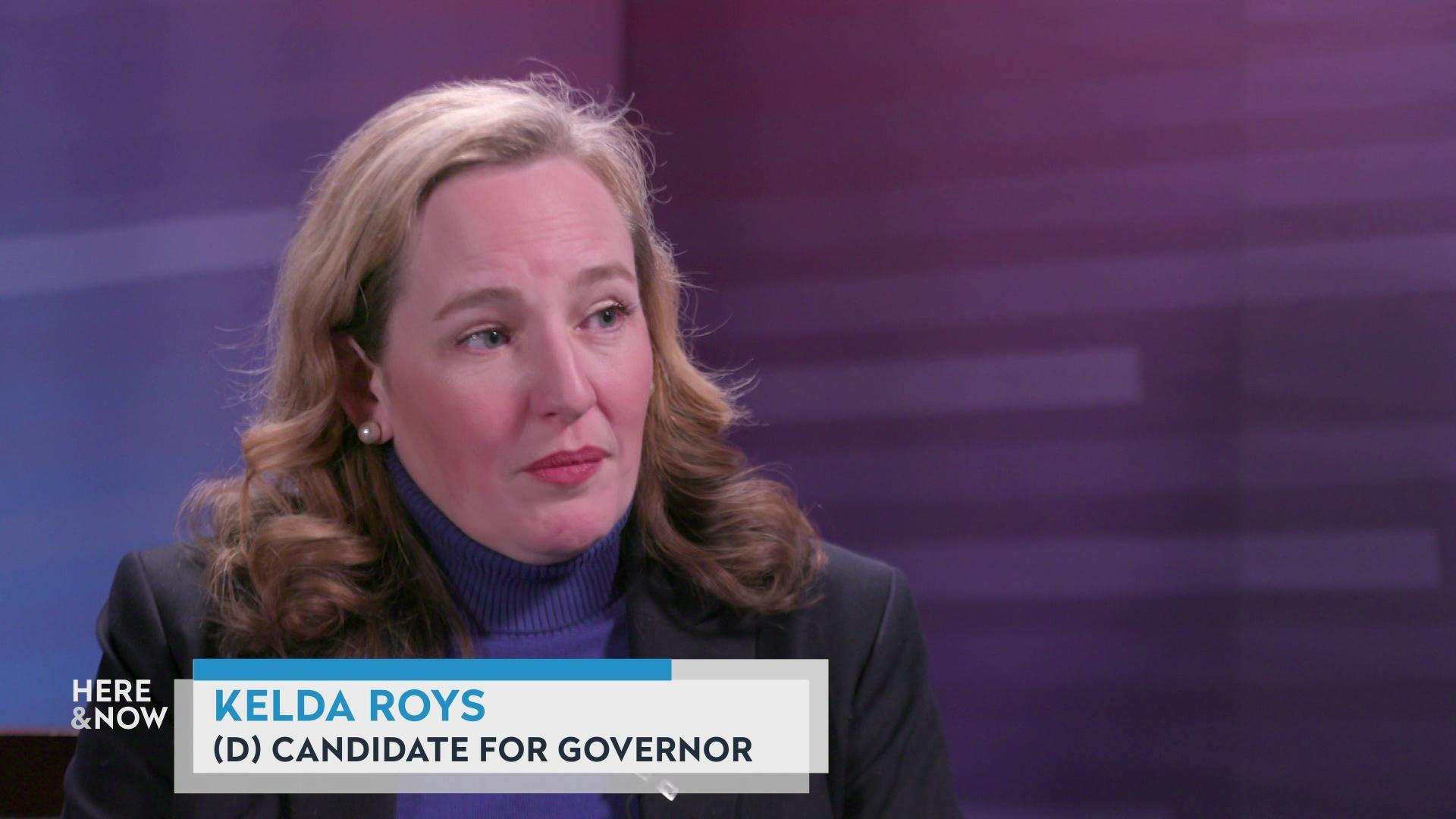


Follow Us